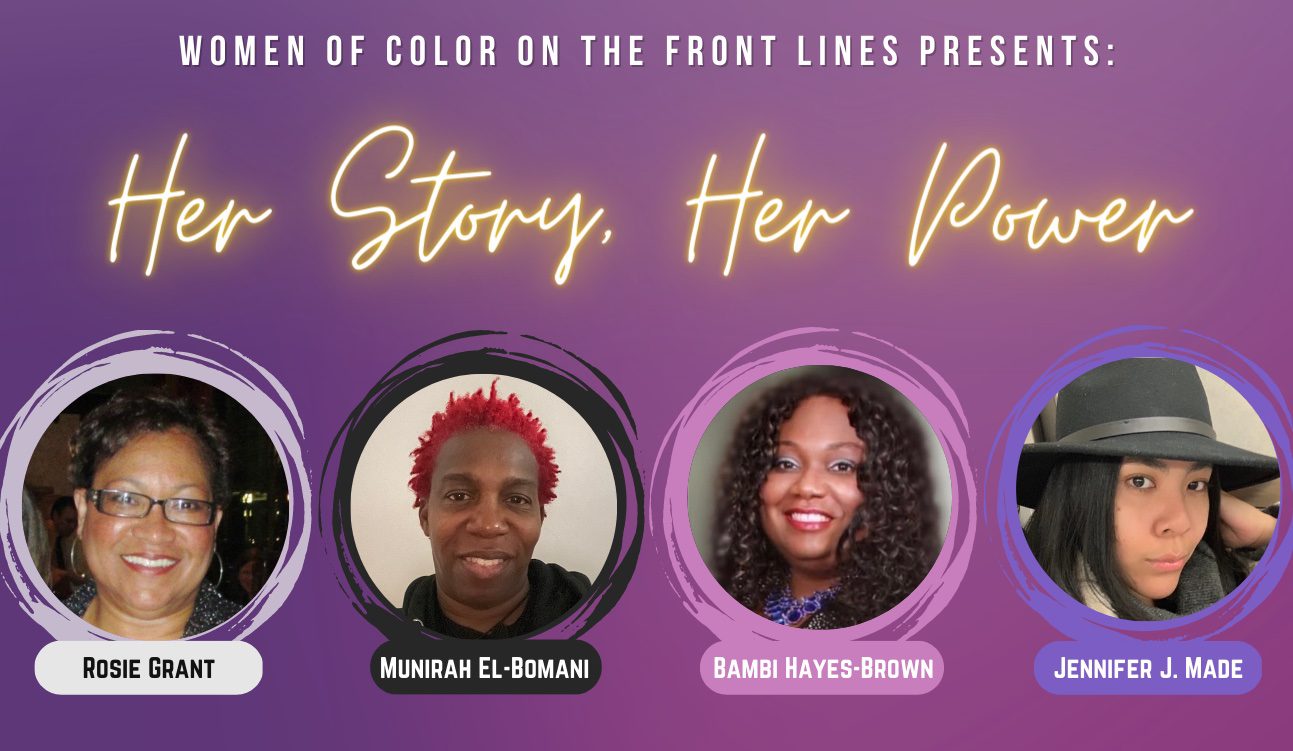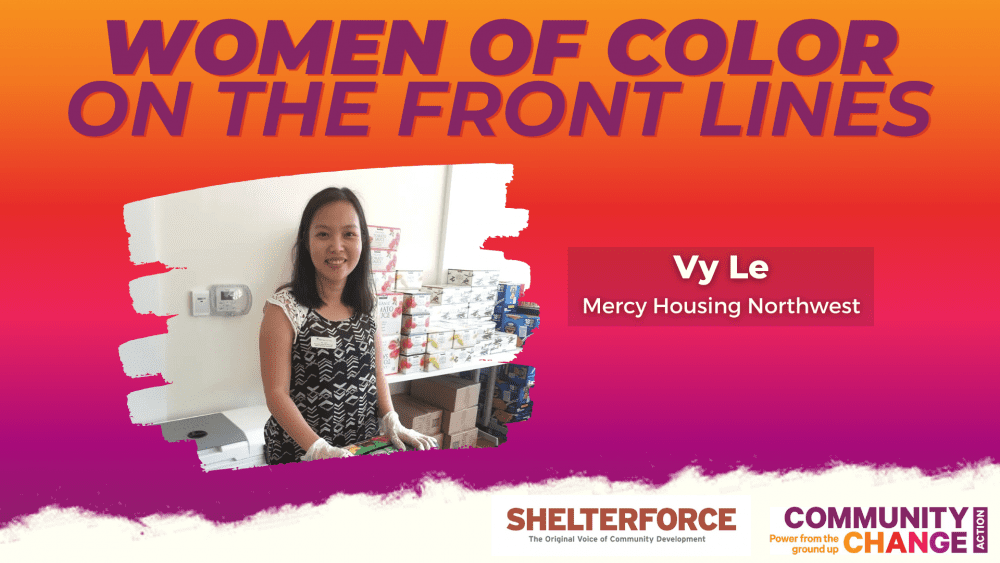Over the past few weeks, many news accounts have laid bare questionable—and perhaps criminal—police behavior and the subsequent and continuing protests by
concerned citizens in and around Ferguson, Mo. On a single day, September 10th, at least three protests happened—one at the state capitol, one outside St. Louis City Hall, and one near Ferguson (a thwarted highway sit-in on an interstate highway).
It's not just the conduct of individual officers that is prompting protest. Troubling revelations about the lack of diversity in many police forces and increasing militarization of law enforcement with weapons from the war on terror has upped the ante between law enforcement and justifiably resentful protesters.
Despite these seemingly intractable issues, ever so tentatively, it feels like a new day is dawning in the Show-Me state. Using more effective, community-centered policing, such as COPS recommends, and better hardware, such as body cameras, is at least under discussion.
A longer term organizing initiative is the campaign for 100 percent voter turnout. Several groups like Metropolitan Congregations United (MCU), MORE, Jobs with Justice, Missouri Faith Voices and Heal STL are doing what savvy community groups do best—making real change by registering folks to vote and training them to register others. And they're building real power by strengthening permanent, multi-issue grassroots groups here that have a track record in uniting congregations that can confront institutional wrongdoing day in and day out.
Many of the same groups are also continuing to pursue their long-term anti-poverty and justice goals, like winning quality public schools for all and expanding Medicaid so more low-income people and people of color have health insurance.
But for some, more time to process what happened in Ferguson and a space to connect with their own experiences with race and racism is needed before jumping into social justice campaigns. MCU's Sacred Conversations on Race, which will run through Easter/Passover may be a way to fully engage new leaders who are just entering the fight. More than 50 conversations are expected before next spring.
[Photo from Sacred Conversation on Race (+Action), courtesy of Gamaliel.]




Comments